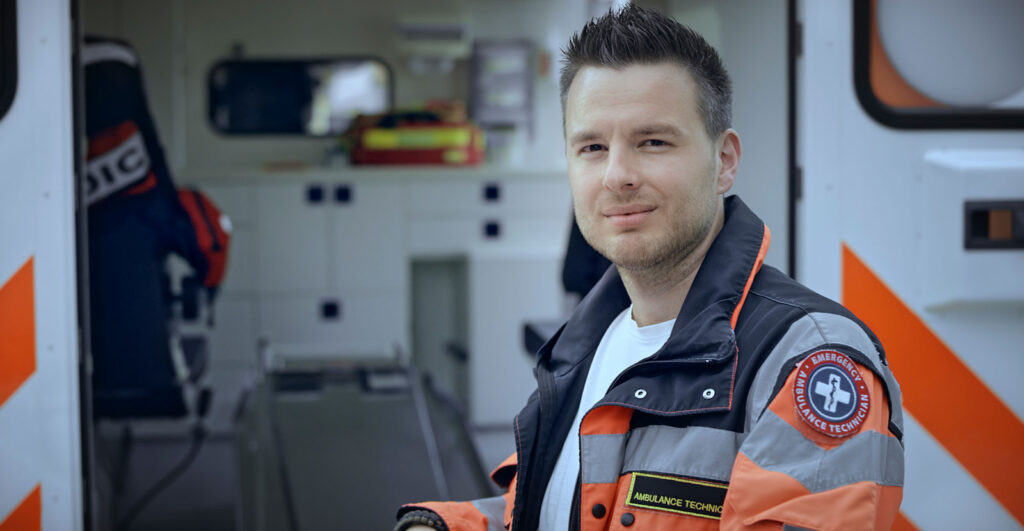People’s lives often depend on the quick intervention of well-trained paramedics, who are EMTs with advanced training and education. There are options for the level of paramedic you want to be depending on training and academic degrees. This higher level of knowledge gives paramedics the top level of education and pay on the emergency medical response team. People in this demanding-but-rewarding role are brave and caring, compassionate and respected.
Paramedic


Provide care on par with emergency room
Paramedic
The Job
- Provide care on par with emergency rooms prior to arrival.
- Use extensive knowledge of physiology, medical procedures, and medications.
- Provide advanced life support in the field and during transportation.
- Paramedic skills carry a greater risk, so paramedics need to have a significant background in applied sciences and medicine to safely perform.
Typical Responsibilities
- Intubate, insert IV lines, and administer about 30 different types of medication.
- Stabilize a patient’s condition during transport
- Create new airways with a tracheotomy for patients who cannot breathe
- Provide medication through an intravenous (IV) injection or infusion
- Deliver babies in an emergency
- Provide breathing support with tubes and ventilation devices
- Use high-tech equipment like automated defibrillators to save lives
- Draw blood and perform electrocardiograms
Training/Requirements
- Current EMT license
- Complete CAAHEP-accredited paramedic program, usually between 1,200-1,800 hours (1 year to 18 months for certificate program, 2 years for Associate Degree Program)
- Pass National Registry of Paramedic written exam
- Topics include airway, respiration, ventilation, cardiology, resuscitation, trauma, medical, OBGYN, and EMS operations
- Pass the Paramedic psychomotor exam administered by WV OEMS
- Must demonstrate proficiency in patient assessment, cardiology, medical procedures, and out-of-hospital scenarios
- Current CPR card
Who employs EMRs?
- Private and public ambulance services
- Fire departments
- Hospitals
- Air ambulances — helicopters and airplanes used for LifeFlight
Programs in West Virginia
- Blueridge Community and Technical College
- Mountwest Community and Technical College
- New River Community and Technical College
- Pierpont Community and Technical College
- Southern West Virginia Community and Technical College
- West Virginia Northern Community and Technical College
- BridgeValley Community and Technical College
Affordable training
There is a minimal cost for Paramedic training and assistance may be available.
